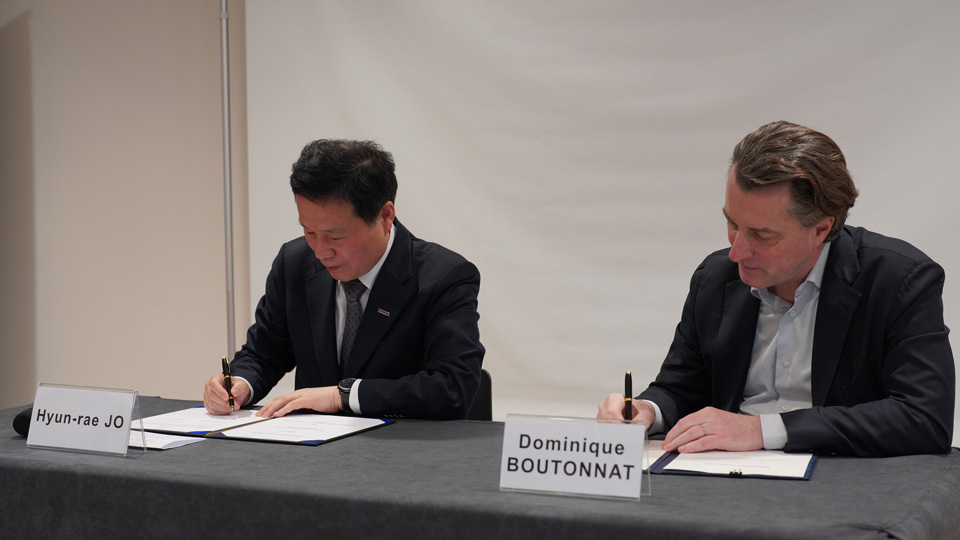Cultural diversity as a major focus of European CNCs; the Transatlantic Trade and Investment Partnership and Cinema Communication causing major concern; launch of working group on financing creative projects in the digital age.
At a meeting held during the Festival de Cannes, the EFADs stated their concerns about the possible inclusion of the audio-visual sector in the European Commission's negotiating mandate for the Transatlantic Trade and Investment Partnership.
They underlined the fact that – far from constituting a rearguard action – defending the chance to shape cultural policies in order to promote the diversity of European cinema is a major issue that concerns them all. In particular, the ensuing trade liberalisation would not only remove the chance to tackle the structural problems that restrict the access of European works to the US market, but would also make it impossible to put in place new policies designed to address the challenges of the digital revolution.
The EFADs regret that the special features of the cinema and audio-visual sectors are also being brought into question by the draft Communication on cinema announced by the European Commission on 30 April of this year. As it stands, this draft proposal largely does away with the territorialisation that is in fact still at the heart of many European, national and regional aid schemes.
By adopting a single, uniform approach, the Commission is failing to take into account the diversity of the policies that are currently being implemented and ignoring its obligation to respect the specific nature of the audio-visual sector under EU law. In addition, this position cannot serve as a strategy for the kind of growth and innovation that is delivered by this sector.
The EFADs believe it is imperative to return to a proposal that allows aid to be linked to activities that are the subject of revenues that may be imposed on their territory or to activities carried out by operators – national or European – who are based in their territory. This has been the case for other schemes that have been approved by the Commission in the past. If the draft that has been announced comes into force, the Member States will have no choice but to impose implicit territorialisation rules to the detriment of the operators' legal certainty or even to eliminate worthwhile aid schemes that no longer bring the necessary ‘return on investment’.
The EFADs therefore call on the European Commission to ensure that the wording reflects the spirit and principles of the Treaty, which include respecting and encouraging cultural diversity, and which are echoed in the UNESCO Convention on Cultural Diversity.
Finally, the EFADs have launched a working group in 9 Member States with the aim of developing a common approach to the challenges posed by financing audio-visual projects in the digital age. Its objective is to look at how to adapt policies that have been successful in the past in terms of promoting the wealth, diversity and achievements of European cinema by adopting an open, cooperative approach that brings together the audio-visual world and Internet operators.


Eric Garandeau, president, CNC, and Aurélie Filippetti, Minister of Culture and Communication




